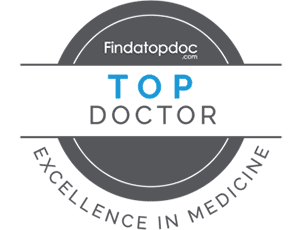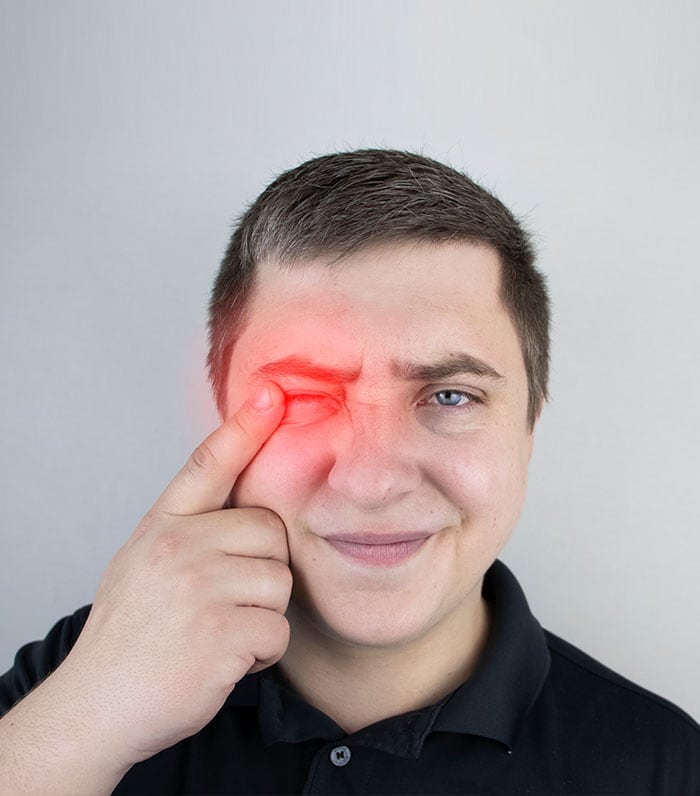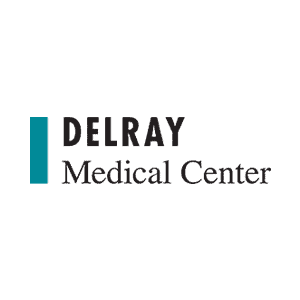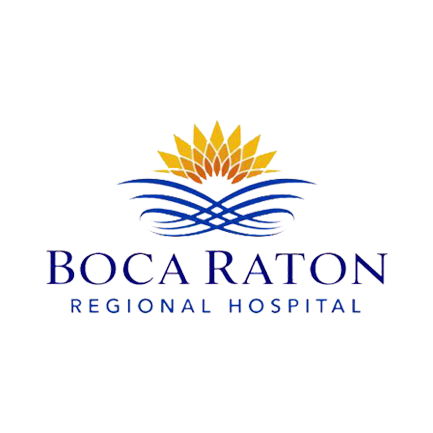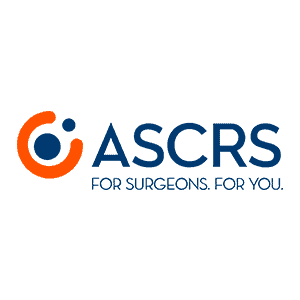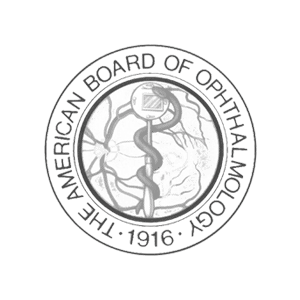Common Systemic Eye Disease Questions
What is uveitis?
Uveitis is a serious kind of inflammation affecting the uvea, the middle of your eye. This condition often develops suddenly, and can grow worse rapidly. The most common symptoms of uveitis include intense eye redness, eye pain, and blurry vision.
The cause of uveitis can be infection, ocular trauma, autoimmune disease like rheumatoid arthritis, or infections like herpes. Sometimes, the cause is uncertain, but that doesn't prevent you from getting effective treatment. Untreated, uveitis could cause long-term problems, including vision loss.
Prompt treatment is important if you have uveitis. Your Cohen Laser & Vision Center ophthalmologist can treat uveitis with corticosteroid eye drops, injected medication, oral medication, or other treatments that reduce the inflammation.
What is diabetic retinopathy?
Diabetic retinopathy is a serious eye disease that affects diabetes sufferers. When your blood sugar level is too high, it harms the tiny blood vessels inside your retina.
The damage often leads to swelling, leaking, scar tissue, or blood vessel blockage. In early stages, you might not have symptoms, but eventually, diabetic retinopathy can cause blurry vision, floating spots in your vision, fading color vision, blank areas in your vision, and blindness if not managed and treated.
Diabetic retinopathy treatment includes controlling your diabetes, whether through lifestyle changes, medication, or insulin. Blood pressure control is also important. Your ophthalmologist can administer injections like anti-VEGF or steroids to reduce retinal swelling. Laser surgery can help by sealing leaking blood vessels in your retina.
If you have advanced diabetic retinopathy, you might need a procedure called vitrectomy, in which your Cohen Laser & Vision Center ophthalmologist treats the damage from leaking blood vessels to restore clear vision.
What is ocular medication toxicity?
Ocular medication toxicity happens when medications for systemic disease cause damage to your eye. Damage can include pigment changes in the eye, vision loss, sudden-onset myopia, glaucoma, blurry vision, and many other problems.
Dozens of different medications could potentially trigger ocular toxicity, including those prescribed for systemic diseases like multiple sclerosis, hepatitis C, rheumatoid arthritis, and lupus.
It’s very important to make sure that your ophthalmologist at Cohen Laser & Vision Center always has an updated list of your current medications. This allows your ophthalmologist to recommend the most effective targeted solutions immediately if you show signs of ocular medication toxicity.
The Cohen Laser & Vision Center team are experts in systemic eye disease, so count on them for the most effective solutions available today. Book online or by phone now.
What is thyroid eye disease?
Thyroid Eye Disease (TED) is a spectrum of ocular manifestations due to autoimmune dysregulation of thyroid hormone. Graves disease, the most common autoimmune condition causing hyperthyroidism, or excess active thyroid hormone, is often associated with thyroid eye disease, however TED is not unique to Graves and can occur in other thyroid conditions, including hypothyroidism (low thyroid).
The most common symptoms of thyroid eye disease are red eyes, swollen or achy eyelids, pain when moving the eyes, a bulging appearance of the eyes (proptosis), double vision, or blurry vision. Download our self-test to see if your eye problems may be due to TED. (attached - we can also add this to our self-service q's here https://www.cohenlaser.com/for-patients/)
Anyone concerned about TED should be evaluated by an eye-care professional able to diagnose and treat related complications. In addition, close supervision by a primary care physician and/or endocrinologist is advised.
How can you treat thyroid eye disease?
Treating thyroid eye disease for decades was dependent on adequate regulation of thyroid function, often with prescription medications or steroids.
Caring for the ocular surface, including lubrication with artificial tears, topical antibiotics, and/or topical steroids are often employed when focal ocular symptoms are exacerbated.
When appropriate, Tepezza (teprotumumab-trbw), is a prescription medication administered over several months at an infusion center. It works at the source to block IGF-1R, a key driver of Thyroid Eye Disease (TED) that promotes eye muscle hypertrophy (enlargement) due to activation of the thyroid-stimulating hormone receptor (TSHR). Blocking this receptor ultimately lessens swelling of the tissues around the eye, improving symptoms of TED.
There are many precautions and side-effects to weigh when considering Tepezza. Talk to the experts at Cohen Laser and Vision Center to learn more about your options for TED.
Want More Information?
Contact us today so we can answer your questions.
Call us now at (561)981-8400, or request an appointment online here.



